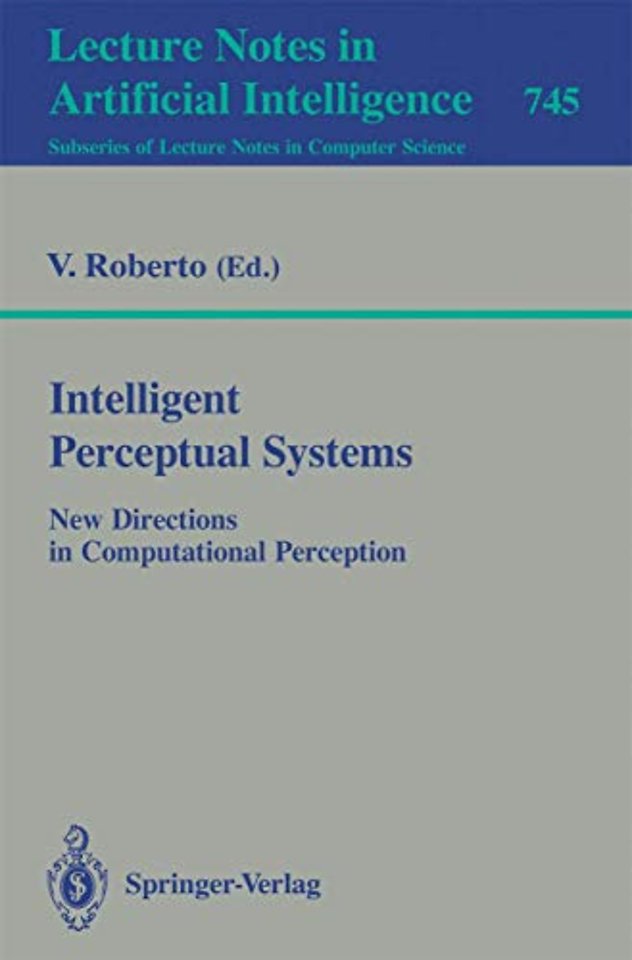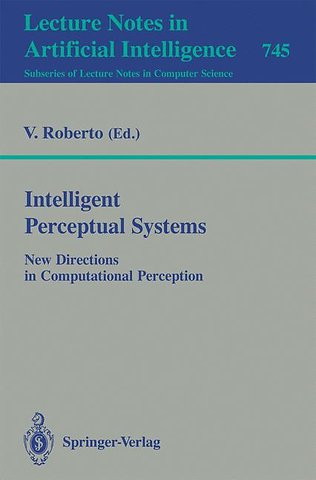Intelligent Perceptual Systems
New Directions in Computational Perception
Paperback Engels 1993 1993e druk 9783540573791Samenvatting
Perceptual processes in humans and machines, investigated
and simulated by means of the computational approach, are
the subject matter of this volume. Researchers in artificial
intelligence, pattern recognition, and psychology discuss
aspects of vision, speech understanding, sensory-motor
coordination, and their interplay with cognitive and
behavioral functionalities.
The papers adopt the computational approach as the basic
research paradigm. Connectionist models, numerical and
statistical techniques, symbolic (logic-based) formalisms,
and hybrid representations provide the formal background to
the research. Some of the papers were prepared for a
workshop held in Trieste, Italy, in October 1992.
Specificaties
Lezersrecensies
Inhoudsopgave
Rubrieken
- advisering
- algemeen management
- coaching en trainen
- communicatie en media
- economie
- financieel management
- inkoop en logistiek
- internet en social media
- it-management / ict
- juridisch
- leiderschap
- marketing
- mens en maatschappij
- non-profit
- ondernemen
- organisatiekunde
- personal finance
- personeelsmanagement
- persoonlijke effectiviteit
- projectmanagement
- psychologie
- reclame en verkoop
- strategisch management
- verandermanagement
- werk en loopbaan

